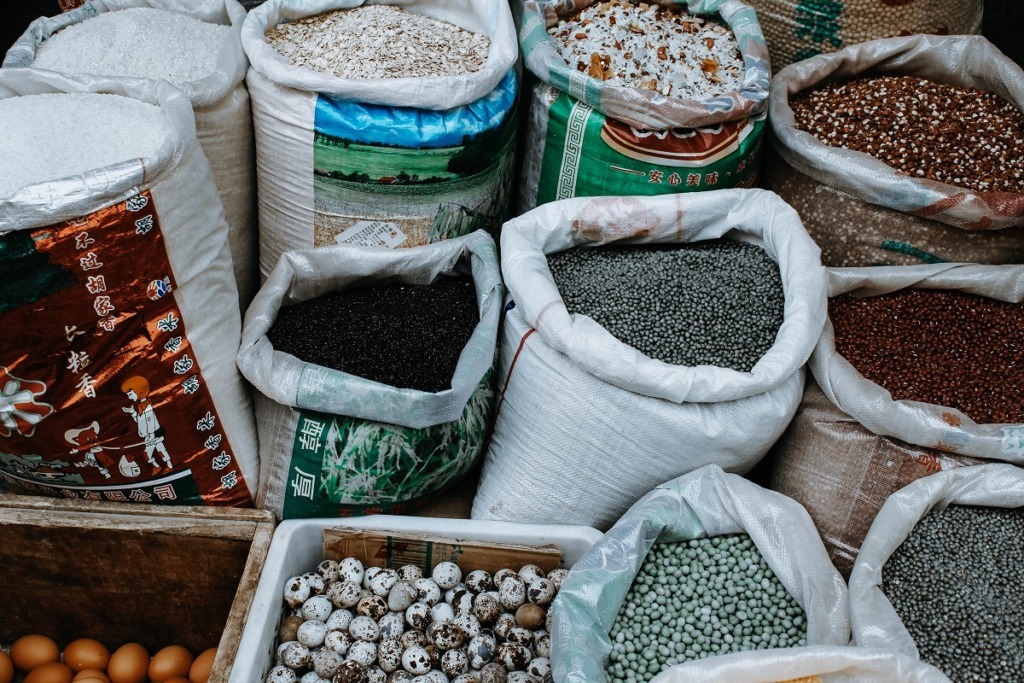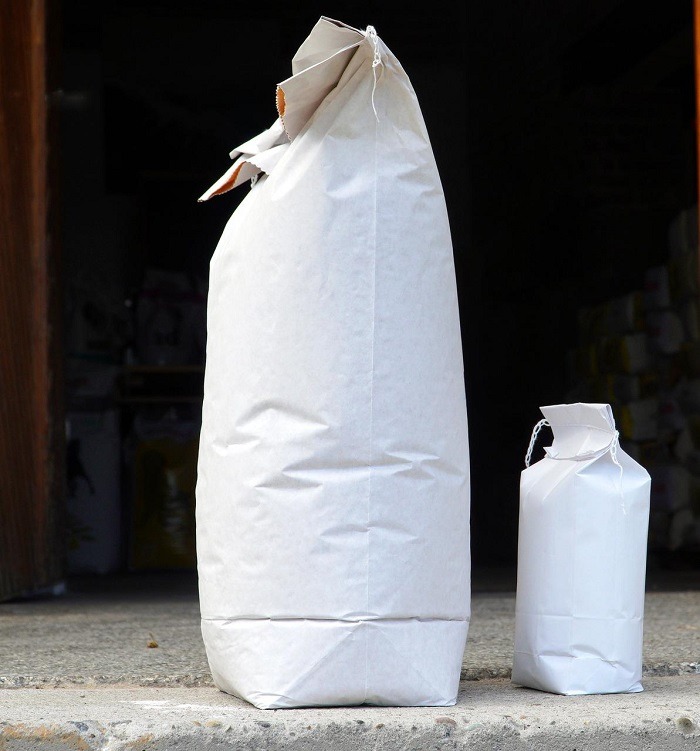
A Smarter Way To Shop
Written by Liz O’Dwyer
Although the concept of bulk buying has been around for decades, it’s still yet to find its place in people’s shopping habits.
In my conversations on all matters of sustainability, I’ve spoken with many people about their shopping habits. Clothing, household goods, and of course food shopping. It surprises me that people adopt a blank stare when I say that supermarket shopping is a rarity for me. The next question that surely follows the blank stare, is “So where else is there to shop?”. We’ve become accustomed to the convenience of supermarkets that offer such a wide variety of items.
The reality is there are many different avenues to source our weekly food, whether it be dried goods or fresh food.
I understand the convenience of a once-a-week shop on a Saturday morning at the local. But after discovering bulk buy co-operatives (co-ops), my weekly shop now only takes a fraction of the time it used to. Having good stocks of shelf-stable items leaves only fresh food at the source. So, whatever I don’t grow, I purchase. It just makes good sense of time.
The impending food shortages are another good reason to stock up on your fave foods. Canning (or bottling) your goods is another way to be sure you have good food stocks, but that’s for another conversation.
I am a big fan of bulk buy co-ops. They have been around for decades, and they make so much sense. When I first heard about this concept, I loved it immediately. But it wasn’t until a couple of years later that I heard of one being run locally. And of course, I was keen to be a part of it.
Time Is Of The Essence
I’ve touched on the benefits of bulk buy co-ops in my previous article, Straight to the Sin Bin in the last issue of E-Bubble Life Magazine, due to the reduction in packaging it offers. But there are other benefits too:
- Not only can you save money when buying in bulk, but you can also get a better price per kilo on a wide range of products
- The items are generally organic product range which means you are eating healthier
- You save time on the weekly shop. Time - it’s something we can never get back. I used to think nothing of this year ago. But as the years go by, I realise that time is one of the most precious things we can’t control. So, having time on your hands to enjoy the things that are important to us rather than spending time grocery shopping in my books is a smart move
- You save time with the unpacking and decanting into containers when you get home. Having a range of larger buckets with lids or containers to store the goods
- There are always supplies on hand (no swinging by the shops on the way home from work)
- It’s a gathering of like-minded folk who work together so everybody benefits. We expand our community exponentially when involved in a co-op.

A team effort/community mindset is required to achieve a successful co-op. There may be one or a number of people that manage the co-op, but involvement from all members at one point or another may be required.
An ideal scenario would be to work out an annual ordering schedule. Eg, the 15th of every second month, or the 1st of every quarter. That way all members can plan their food requirements for the year. This way they can better cater for large gatherings or special occasions too.
There are a number of activities that the members can jump in on:
- Tracking the delivery day/time of the order so helpers can be organised
- Setting up of the equipment
- Sorting the orders for each member
- Cleaning up of all boxes etc once orders have been sorted
- The babysitting of young children may be very useful so the parents can fulfil the orders without interruption.
Thinking Outside The Square
The possibilities of bulk buying are enormous. Some research may need to be done to source good quality, reliable suppliers. But once you have found them the ordering process can begin.
A good co-op will have a very wide range of long-life shelf stable, organic products (think grains, legumes, vinegars, flours, teas, etc).
But, thinking outside the box a little more can also be of benefit to others. If you find a supplier that you are able to purchase in bulk, it would be beneficial to approach them with the possibility of placing a bulk order. Bulk orders will generally save you some dollars. This then is a good opportunity to reach out to the co-op members to gauge their interest in placing a bulk order. A price is negotiated and as long as it’s a deal that benefits all, an order is placed.
Depending on the size of your family and your requirements, large storage containers will be required. In true sustainable style, I’ve been able to source most of my food grade buckets (2, 5 10 & 20-litre buckets, with lids) from cafes, restaurants and delicatessens. Although most of these get reused by businesses, many cafes will just throw them out as they simply don’t have the time to find a new home for them. Many café owners want to do the right thing and have them reused, but they don’t have time to pass them on to people, so don’t be shy in asking if they can keep them for you.
On the days when we are running short of time to shop, it’s nice to know there are shelf-stable items already on hand you can use. So, get a group together and start shopping.
A Smarter Way To Shop A Smarter Way To Shop A Smarter Way To Shop



